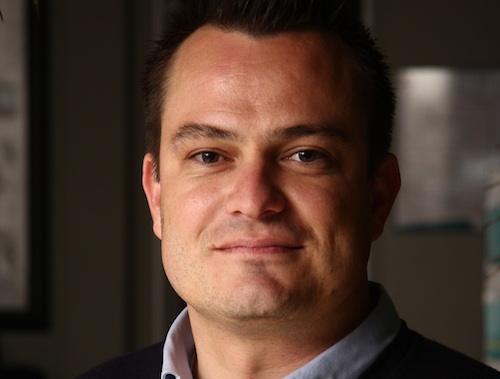[By Justin Spratt]
Right, so this whole “uncapped” and “Free the Web” stuff has me a little vexed. Basically I think it is all a bit disingenuous, even bordering on manipulative.
While Seacom opened the floodgates last year with falling prices for international bandwidth, the reality is that the Telkom “last mile” — the line from the exchange to your home or business — is still disgustingly expensive. On average, more than 70% of the cost of broadband access is attributable to Telkom’s punitive pricing of the last mile. This is the “Telkom tax”.
As an Internet community we should be keeping our lasers trained firmly on this issue. It’s going to take considerable public pressure from citizens to free the last mile from Telkom.
Lest we forget, taxpayers have already paid for the copper, the trenching of roads and the bulk of exchanges.
I have heard some really smart people retort, saying this uncapped movement is a watershed moment for the Internet in SA. If we measure technological progress by marketing prowess, then I agree.
And I agree that more people surfing the Internet is a great thing for SA.
But I vehemently dispute that this uncapped movement was the watershed moment for Internet “freedom” in this country. That moment will come with the revocation of the Telkom tax.
Besides the Telkom tax, and the fact there have been uncapped products before, there are technical reasons why “uncapped” isn’t what most think it is. Overseas experience tells us that uncapped products are not the future because bandwidth hogs on these services degrade the experience for all. This results in Internet service providers having to introduce higher contention ratios (slowing the service) and harsher acceptable use policies.
Uncapped models globally have become fringe products due to these bandwidth hogs.
Though places like Hong Kong, South Korea and Scandinavia have dense geographies amenable to uncapped bandwidth, the reality is that they, too, shy away from it because of the few who download multiple terabytes of data every month.
Internet download patterns are generally shaped like a bell curve — on the left side you have the people who only use the Internet for e-mail; on the other end you find the terabytes-a-month bandwidth hogs; and in the large mid-section of the curve are the majority of folks who don’t need more than 50GB/month (this will increase slowly over time).
It’s the bandwidth hogs that ruin the experience for everyone else as they dilute others’ experience.
Accordingly, the leading products from providers globally are generally capped: 50GB, 100GB and 200GB products are the sweet spot for service providers internationally.
Contention ratios and acceptable use policies are the tools service providers use to manage user experience in the uncapped world. Contention is simply putting more users on a single chunk of bandwidth and usage polices provide limits to the uncapped experience, blocking certain traffic that essentially leading to the service becoming capped.
The better solution is higher capped products that provide excellent user experiences.
Some people have put forward a more cynical view of why uncapped bandwidth is suddenly such a big issue in SA.
It’s been suggested the company that introduced these uncapped services has done so to create a future market for future video-on-demand — essentially TV over the Internet. The company in question is owned by an entity that has a huge amount of video content.
So, even if you don’t believe my argument, there are enough issues to raise doubts about some of the promises that are being made. What we mustn’t do is lose sight of the bigger issue: repealing the Telkom tax.
- Spratt is co-founder of ISLabs
- Subscribe to our free daily newsletter
- Follow us on Twitter or on Facebook


